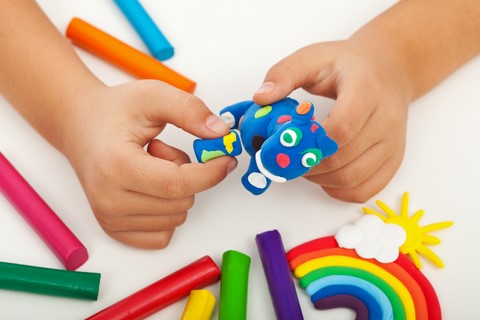Behavioural Sensory Psychomotor Skills in Autism
Preparation:
Course organizers will send to the participants list of materials related to the course topic they can read in order to prepare for the course. Organizers will assist the participants if they need information related to the accommodation, flight tickets or any detail necessary in organizing the course.
Course description
Autism as a psychiatric disease is neurological disorder which literally means to be locked inside. It is usually manifested until the age of 30 months of life, but also later. Autism, or autism spectrum disorder, refers to a range of conditions characterized by challenges with social skills, repetitive behaviors, speech and nonverbal communication, as well as by unique strengths and differences.
There has been a constant increase of autism, and very definition of autism has been applied to conditions which are not autism. However, there is not only one autism. Manifestation of symptoms depends on autistic disorder of which the child is suffering.
For now, it is not possible to cure autism, but there is always something we can do. Due to numerous therapeutic methods we can put it under control. This course offers various methods through which we can handle the autism. For example, aggression and self-aggression are relatively common type of behavior of autistic children, and probably are biologically conditioned. The participants will get the insight into the world of autistic child, and practice empathy and methods of dealing with the children in need.
Methodology:
The methodological approach implicates:- Ice – Breaking and Warm – Up Sessions
- Practicing Motor Skills
- Group Discussions
- Debates about Methods in Autism
- Imitation and Play Skills
- Problem – Solving Activities
- Role Playing in Autism
- Gamification in Autism
- Questioning
- Goal – Setting sessions
- Brainstorming
- Planning an Structuring
Objectives
- Gaining knowledge about the origins of autism
- Developing tools and techniques for approaching autistic children
- Learning about the application of motor skills
- Learning about how to modify problem behavior
- Learning about the challenge of emotional integration
- Learning how to draw attention of autistic child
- Learning about the importance of gamification
- Learning about the importance of family education – what is the role of family education?
- Practicing how to make individual training plans
Follow-up
Trainees will be given soft and hard copies of all lesson materials, which they presenting to their colleagues at their own organizations to generate interest in 21st-century teaching methods with creative thinking. In addition, a mailing list of participants will be created in order to exchange ideas/experiences. Self-evaluation materials will be provided. At the end of the course the participants will accomplish a questionnaire in order to get a detailed feedback for the effectiveness of the training event.
Programme of training activities day-by-day:
Day 1 – MONDAY
- Welcome and registration
- What is autism?
- Introduction to the basic terminology in autism
- Behavioral training of autistic children
- Problem behavior modification
Day 2 – TUESDAY
- The most common myths related to autism
- Emotional integration skills
- Motor skills in autism
Day 3 – WENDESDAY
- Types of autism
- The development of autism
- The role of family education
- What does it mean to be locked inside?
Day 4 – THURSDAY
- School Visit - Exchanging good practice
- The importance of receiving structured therapeutic activities
Day 5 – FRIDAY
- Family education – cooperation
- Core areas affected by autism – social skills, language and communication
Days 6/7 – SATURDAY and SUNDAY Workshops and Cultural/Sightseeing Activities
Day 8 – Monday
- Individual training plans
- The importance of early behavior programs
- Game in autism – The importance of gamification
Day 9 – Tuesday
- The importance of parental involvement
- How to find a good therapist for your child
- At-home stimulation activities
Day 10 – Wednesday
- Feedback, course evaluation and dissemination focus
- Awarding certificates of attendance





